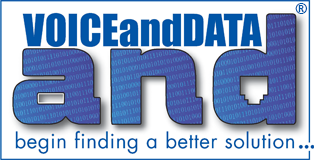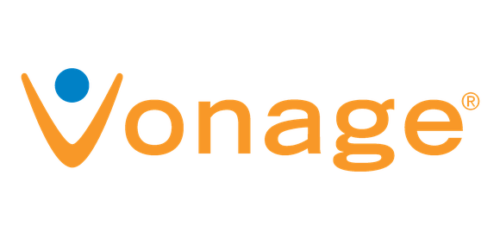Did you know that 43% of cyber attacks are aimed at small businesses? This alarming statistic raises the question of how we can protect our digital empires. If you’re seeking answers, look no further. In this article, we have gathered five crucial cyber security tips to assist you in safeguarding your small business from cyber threats. Delve into these tips and learn how to fortify your business information, online presence, and overall company cyber security like a seasoned professional.
1. Develop a Strong Cyber Security Strategy
A well-crafted cyber security strategy serves as the foundation of any effective defense plan. Begin by assessing your business’s unique needs and vulnerabilities, and create a comprehensive strategy that encompasses the following:
Regular security audits
Employee training and awareness initiatives
Incident response protocols
Backup and recovery procedures
Remember, an effective company cyber security strategy must adapt to new threats and technological advancements. Regularly review and update your plan to ensure its relevance and effectiveness.
2. Educate Your Staff
Your employees are your initial line of defense against cyber attacks. Invest in regular employee training sessions to protect your business information. These training sessions should cover important topics such as:
Identification of phishing emails and scams
Creation of strong, unique passwords
Secure handling of sensitive data
Reporting of suspected security incidents
An informed and vigilant workforce is essential for maintaining your company’s cyber security.
3. Keep Your Software Up to Date
Outdated software poses a significant risk to your online information. To safeguard your digital assets, ensure that all software, including operating systems, applications, and antivirus programs, is regularly updated. Enable automatic updates whenever possible to guarantee protection against the latest threats.
4. Implement Multi-Factor Authentication
Relying solely on passwords is no longer sufficient to protect sensitive information. Strengthen your defenses with multi-factor authentication (MFA), which requires users to provide two or more forms of identification during login. Common MFA methods include:
Text message codes
Biometric data (fingerprint or facial recognition)
Hardware tokens
MFA is a powerful tool that significantly reduces the risk of unauthorized access to your critical data.
5. Regularly Back Up Your Data
Data loss can be devastating for a small business. Prepare for the worst by regularly backing up all critical information. Adhere to the 3-2-1 rule:
Maintain at least three copies of your data
Store two copies on different storage media
Keep one copy offsite or in the cloud
With regular backups, you can swiftly recover from cyber attacks or other catastrophic events that may jeopardize your business.
Securing Your Digital Future: Key Cyber Security Tips for Small Businesses
Protecting Your Digital Future: Essential Cyber Security Tips for Small Businesses
In today’s digital landscape, cyber security is not a luxury but a necessity. By following these cyber security tips, you will be well-equipped to safeguard your small business from the ever-evolving realm of cyber threats.
Remember, the key to a secure business lies in adopting a proactive approach to cyber security, fostering a knowledgeable workforce, and diligently maintaining your digital assets. Now, fortify your digital empire and thrive in the modern world of commerce. Reach out to us today if you need assistance and guidance on your journey.




































